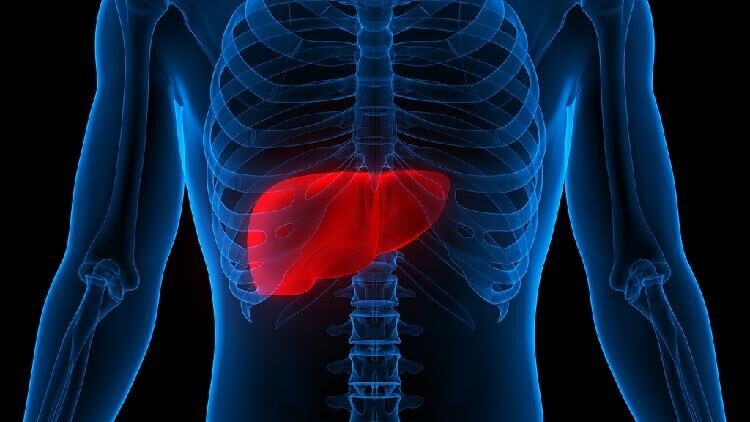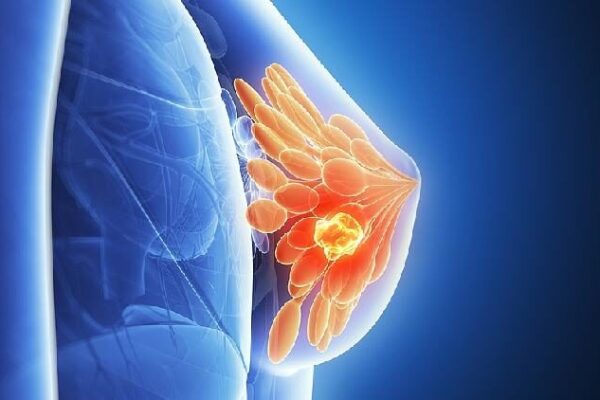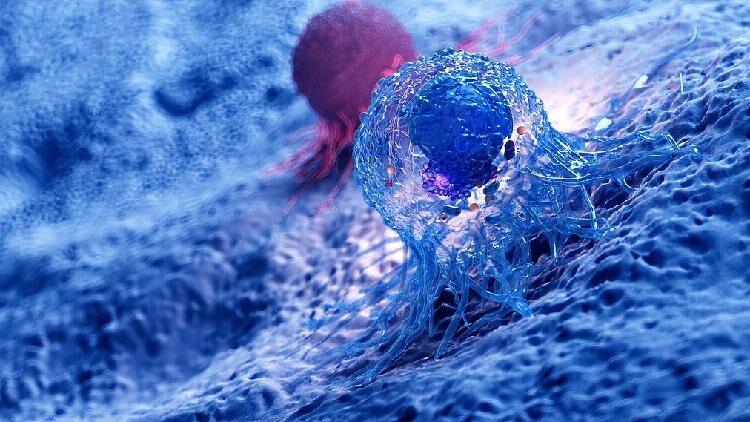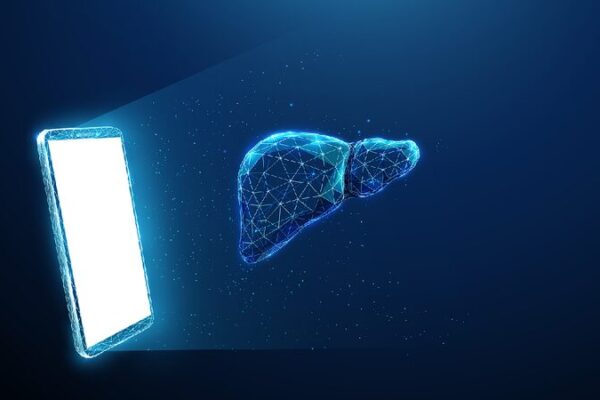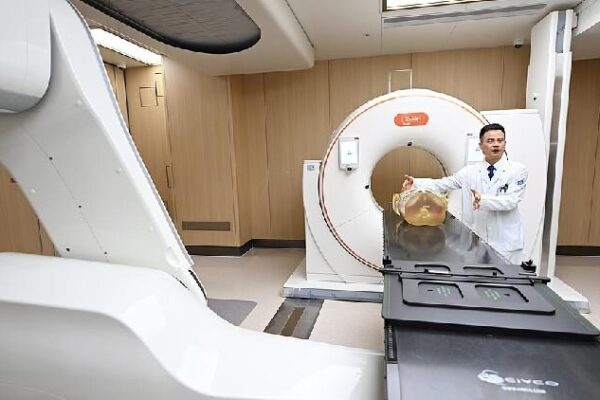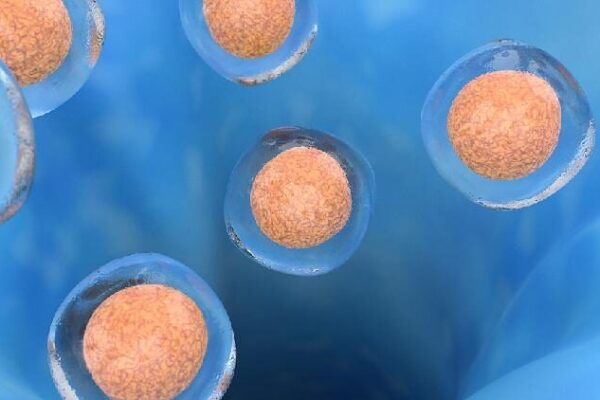Chinese scientists have made a groundbreaking discovery in the fight against cancer. A research team led by Professor Ye Sheng from Tianjin University has identified silybin, a natural compound derived from traditional Chinese medicine, that can disrupt cancer cell metabolism and suppress tumor growth.
Cancer cells rely heavily on lactate, a critical metabolic fuel, to thrive and evade the immune system. They produce lactate under both low-oxygen (hypoxic) and normal conditions, which not only fuels their own growth but also impairs the function of immune cells trying to fight them.
The key to this process is the monocarboxylate transporter 1 (MCT1), a protein that transports lactate out of cancer cells. MCT1 helps maintain the pH balance inside cancer cells and supplies energy to neighboring tumor cells. By understanding how MCT1 works at the molecular level, Professor Ye’s team was able to find a way to block it.
“We discovered that silybin binds precisely to the substrate pocket of MCT1, effectively blocking lactate transport,” Professor Ye explained. “This disruption leads to toxic accumulation of lactate within the cancer cells, ultimately inhibiting their growth.”
Laboratory experiments showed that silybin significantly inhibits tumor growth in both cell cultures and animal models. This suggests that silybin could be developed into a promising anti-cancer agent, offering new hope for patients worldwide.
“Our research not only deepens the understanding of cancer metabolism but also lays the groundwork for developing next-generation cancer therapies,” Professor Ye added. “We aim to deliver safer and more effective treatment options to cancer patients in the near future.”
This discovery underscores the potential of traditional Chinese medicine in contributing to modern medical breakthroughs. As research continues, silybin may become a natural and accessible option in global cancer treatment strategies.
Reference(s):
Chinese scientists discover natural blocker of cancer growth
cgtn.com
